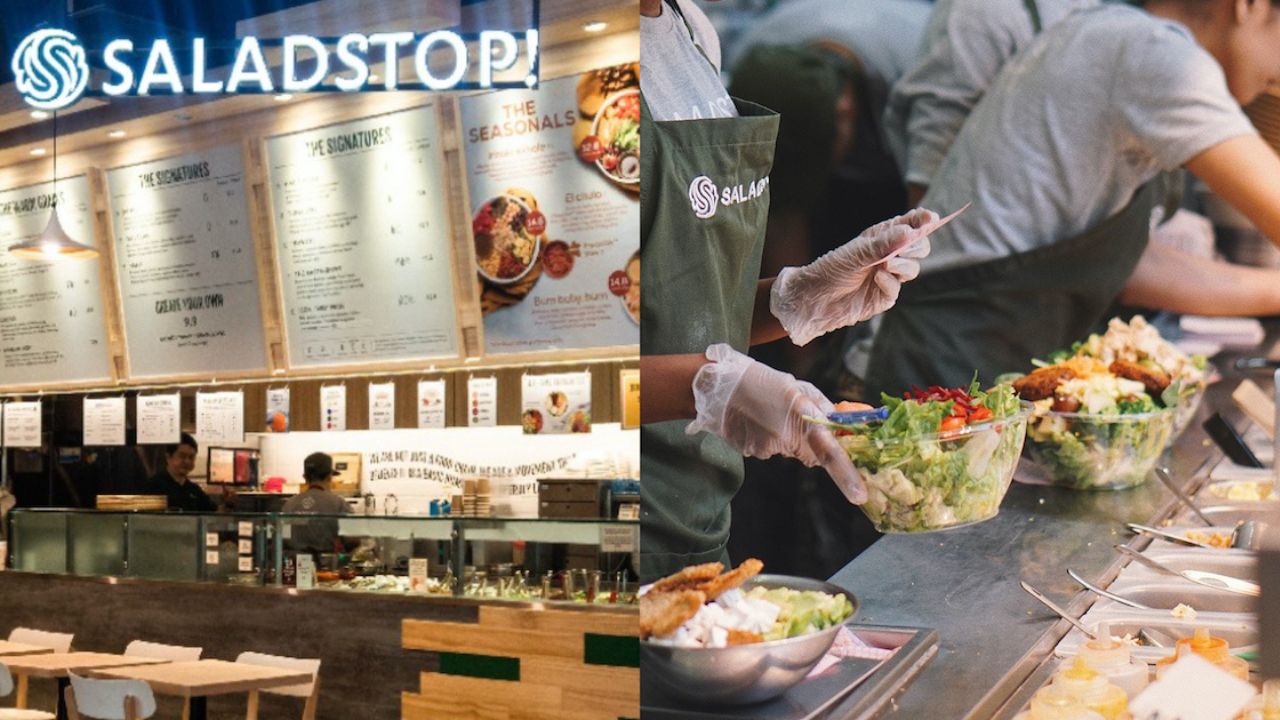Increasing climate-related risks compel organizations to rethink their business plans to mitigate potential shocks.
With extreme weather events intensifying, businesses worldwide face mounting financial losses, prompting a shift towards proactive risk assessment and future-oriented corporate strategies.
According to a United Nations study, climate-induced extreme weather events cost businesses $280 billion globally in 2022, underscoring the urgent need for enterprises to incorporate climate risks into their operational frameworks.
Vulnerability and Adaptation
Asia, in particular, faces heightened vulnerability to climate-induced extreme weather, with thousands of events recorded in the region over the past two decades.

Typhoons, floods, wildfires, and droughts pose significant threats, disrupting supply chains and causing financial setbacks for businesses across various sectors.
The food and beverage industry, reliant on fresh produce and local sourcing, grapples with weather-related disruptions that impact supply chains and agricultural output.
As seen in SaladStop!’s case, localized procurement and partnerships with local farmers and indoor farms offer resilience against climate-related challenges.
Building Resilience Through Innovation
Companies like SaladStop! demonstrate resilience through innovative approaches, leveraging local partnerships and sustainable practices to clear weather-related disruptions.

By prioritizing ethical sourcing and supporting local agriculture, businesses enhance their adaptability and mitigate climate risks.
Government initiatives, such as Singapore’s ’30 by 30′ goal, promote sustainability and resilience in the agri-food industry, aligning with broader climate action agendas outlined in the Singapore Green Plan 2030.
